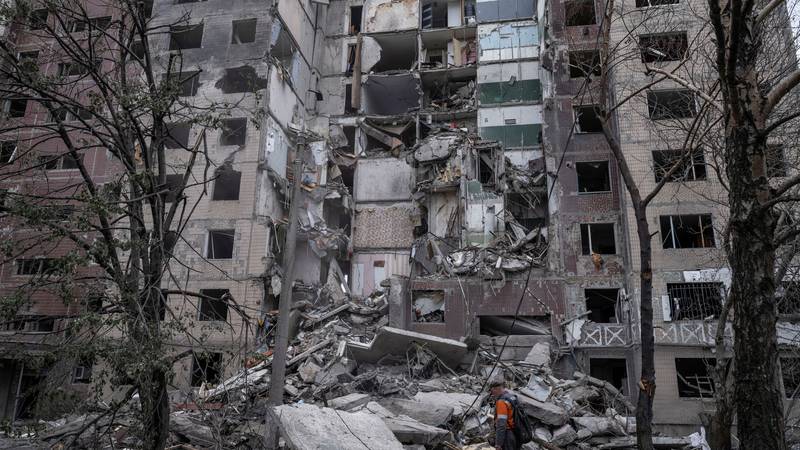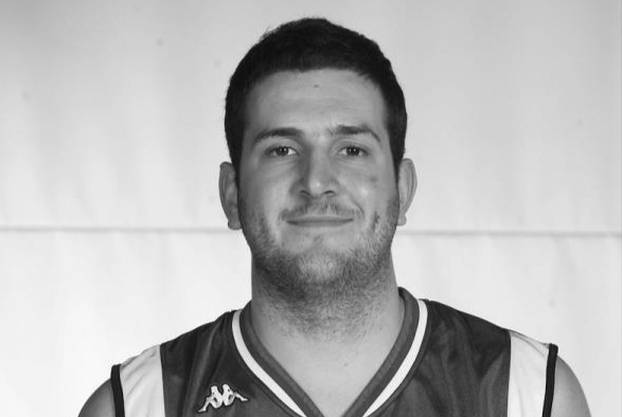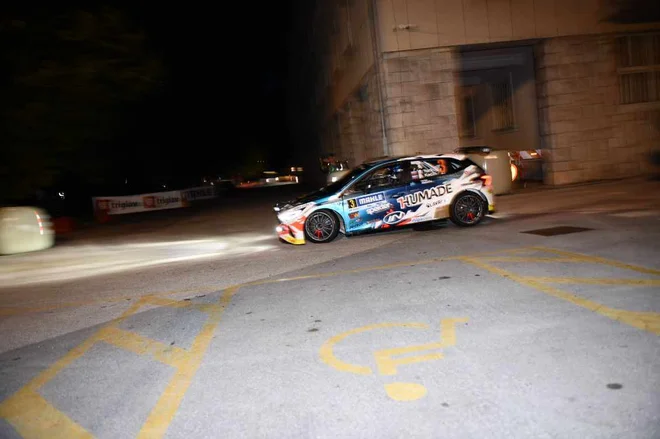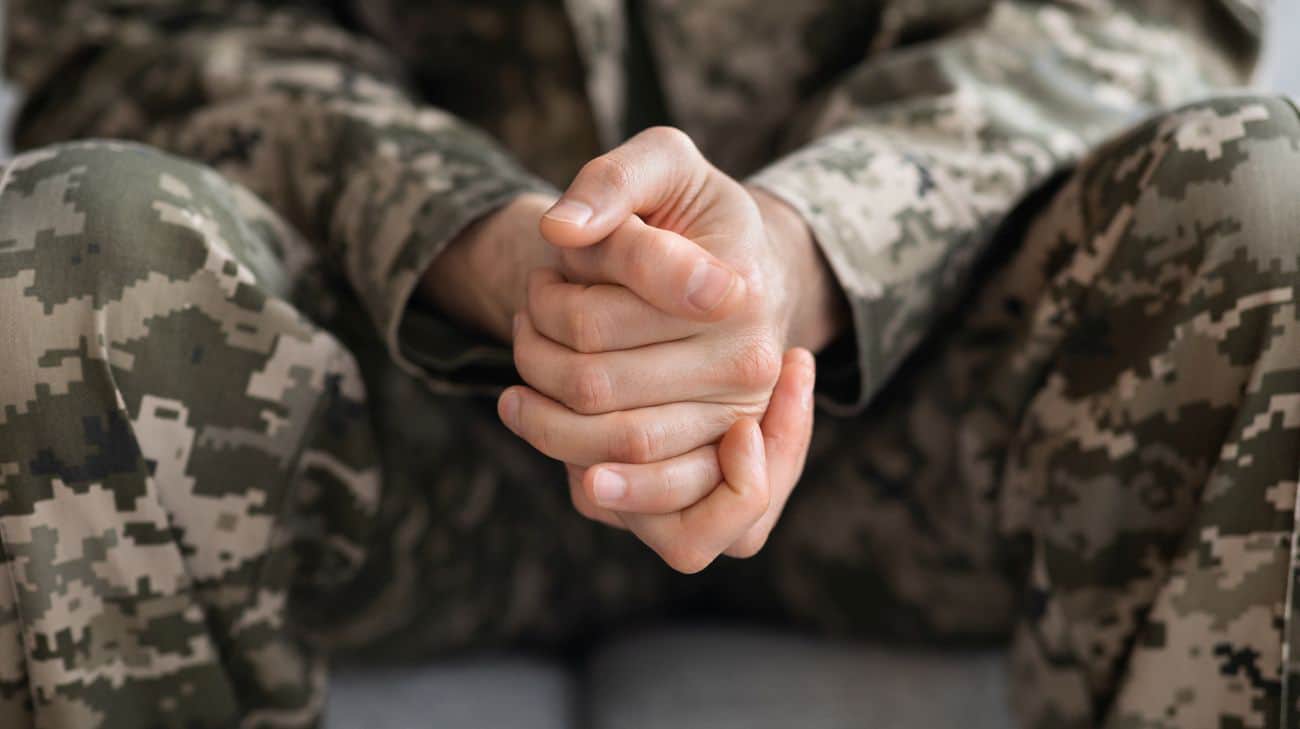Hrvoje Klasic: Croatian authorities ignored the 80th anniversary of the victory in World War II
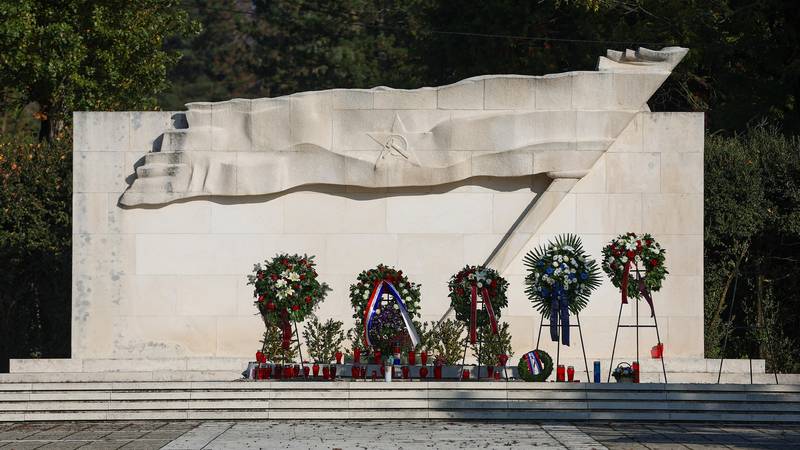
Croats would mark International Day of Remembrance of the Holocaust Victims, but not to mention the Ustashas. They would also mark Victory Day (in World War II), but not to mention the partisans. And these are just some of the examples of historical revisionism that have had the same weight in Croatian society for three decades as historical facts. And the facts, which are not the product of communist propaganda but scientific research of world experts, say that the Ustasha regime was as brutal and deadly for Jews as Nazi. That the Ustashas, which independently, and in cooperation with the Allies of Nazis, are responsible for the destruction of almost 80 percent of the Jewish community that lived in the territory of Croatia and Bosnia and Herzegovina before the war. The truth can be painful. And this truth should hurt every citizen of Croatia, especially those who rush to the Ustasha chest, sing Ustasha songs and shout Ustasha greetings.
The truth that is more painful to the Croatian public is the winners and winners in World War II. And scientifically established facts say that the winners were partisans, at the same time allies of Americans, British and Russians, and the losers of the Ustasha, at the same time allies of German Nazis and Italian fascists. The Yugoslav partisan movement in which the Croats were massively and voluntarily participated in and was the strongest, best organized and most efficient anti -fascist and liberation resistance movement in Europe. Four years of painstaking warfare against a far more numerous and better armed enemy crowned the partisans with a victory and thus deserved one of the central places at all future anniversary gatherings of war winners. So it was until 1990. And then Croatia began to be ashamed of its winners and declared them criminals, while the defeated began to mourn and declare them victims. Yes, there was a crime from revenge, but also for the justified fear of the continuation of the armed resistance, and they were massive.
Would they be so massive That the Ustashas did not carry out mass crimes against innocent civilians during the war, that they agreed to capitulation when their allies were Germans, that they did not send offers to the British and Americans that they were ready to go to their side and continue to fight the communists, and finally that they did not continue to shoot partisans and apply their human losses after the rest of Europe. To investigate partisan crimes and condemn every crime over those who were innocent is justified and necessary. But the partisan movement is reduced to crimes alone is incorrect, tendentious and dangerous. Because it is difficult to find an army whose members did not participate in crimes during the war, whether it was a bombing of civil objects (eg in Dresden or Hiroshima), the shooting of prisoners, extrajudicial calculations, rape of « enemy » women, or forced deportations of defeated and undesirable.
Unfortunately, this practice did not stop with the Second World War. Every Croat should rightly resist if one of the Homeland War today reduced only to the killings of Serbs in Croatian cities in 1991, ejecting Serbs from jobs and from their homes, and to the killings of Serb civilians and burning their houses after Operation Storm. Yes, these crimes have happened to them is legally, politically and morally to face. But this confrontation will not change the fact that Croatia waged a defensive war and that the Croatian army was victorious. After all, as every Catholic should be aware of the victims of the Inquisition and Mass Crimes committed during the Crusades with the consent and at the behest of the Vatican, burning innocent women accused by the Church for witchcraft or mass sexual abuse of children and raping nuns by Catholic priests. But he would also have every right to rebel if Catholicism was reduced only by these crimes.
Eighty anniversary Victory in World War II, as well as any previous one, the Croatian authorities ignored. No one went to lay flowers on the graves of the first Croatian President Franjo Tudjman or the commander of the Croatian Army Janko Bobetko, who voluntarily joined the partisans as young communists and patriots. Nor did anyone go to Pula, Split or Čakovec in order to tell the Istrians, Dalmatians and Međimurians that thanks to the victorious partisan army today they have Croatian, not Italian or Hungarian citizenship. There are very rare episodes in history in which Croats have played a significant role on a worldwide scale. The partisan episode is certainly one of them, perhaps the most important. Ignoring such facts would not allow themselves a much more mature and more reputable nation. Probably that’s why they are mature and distinguished.


